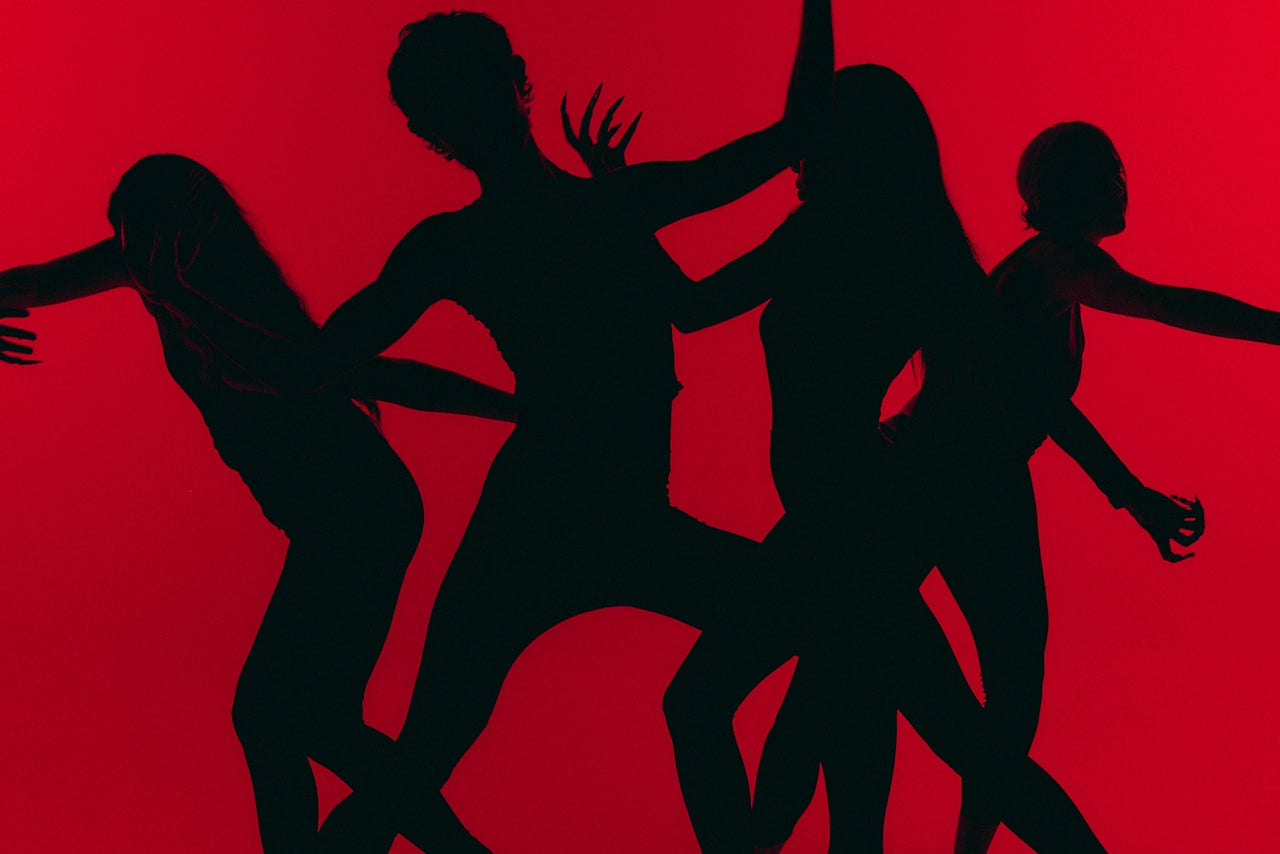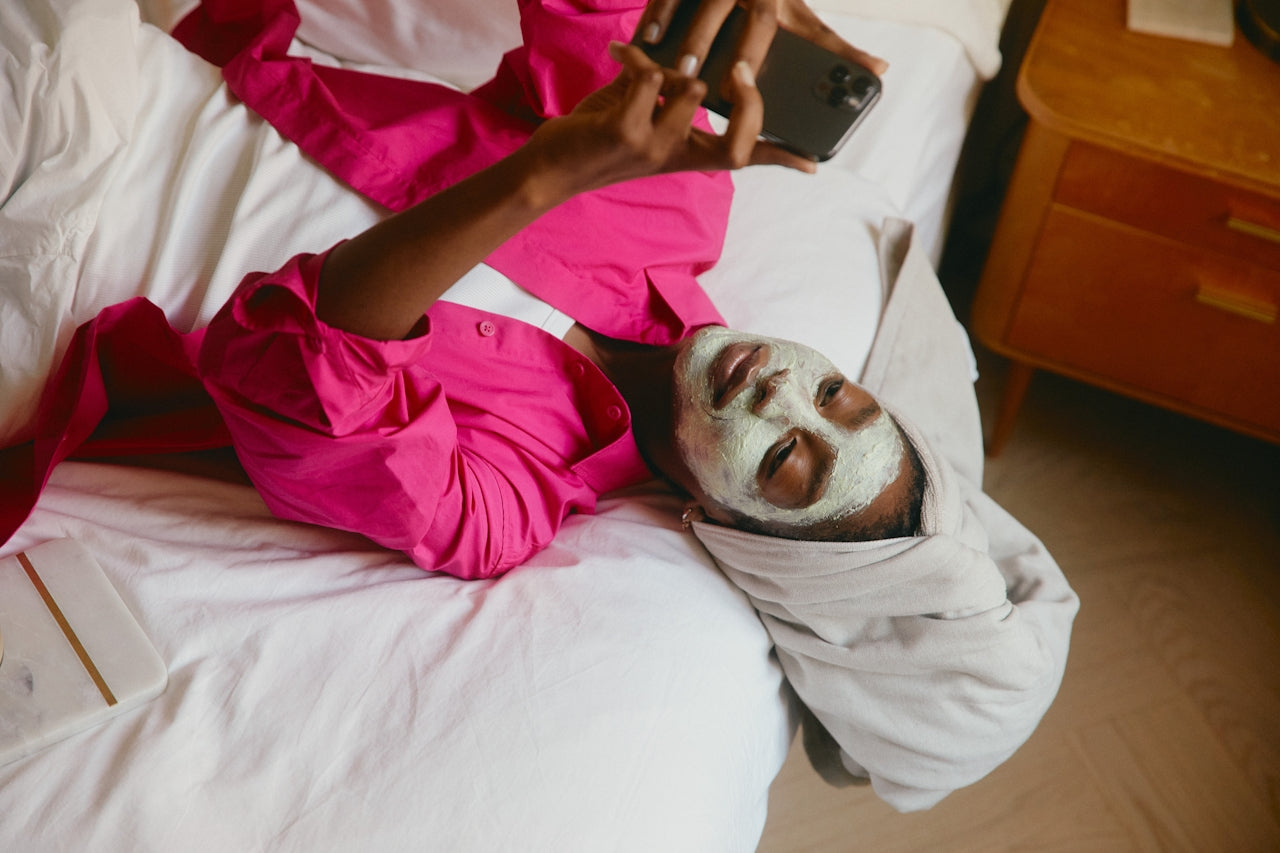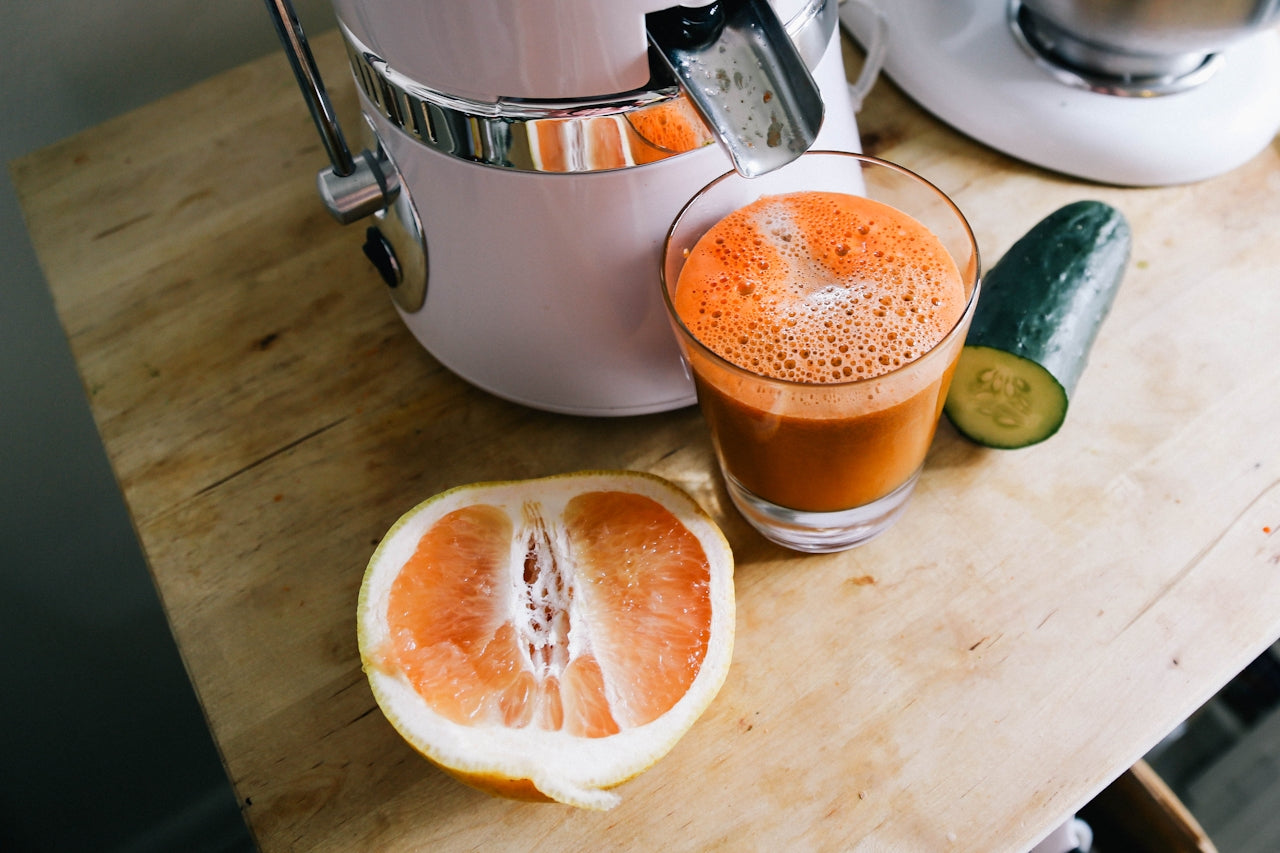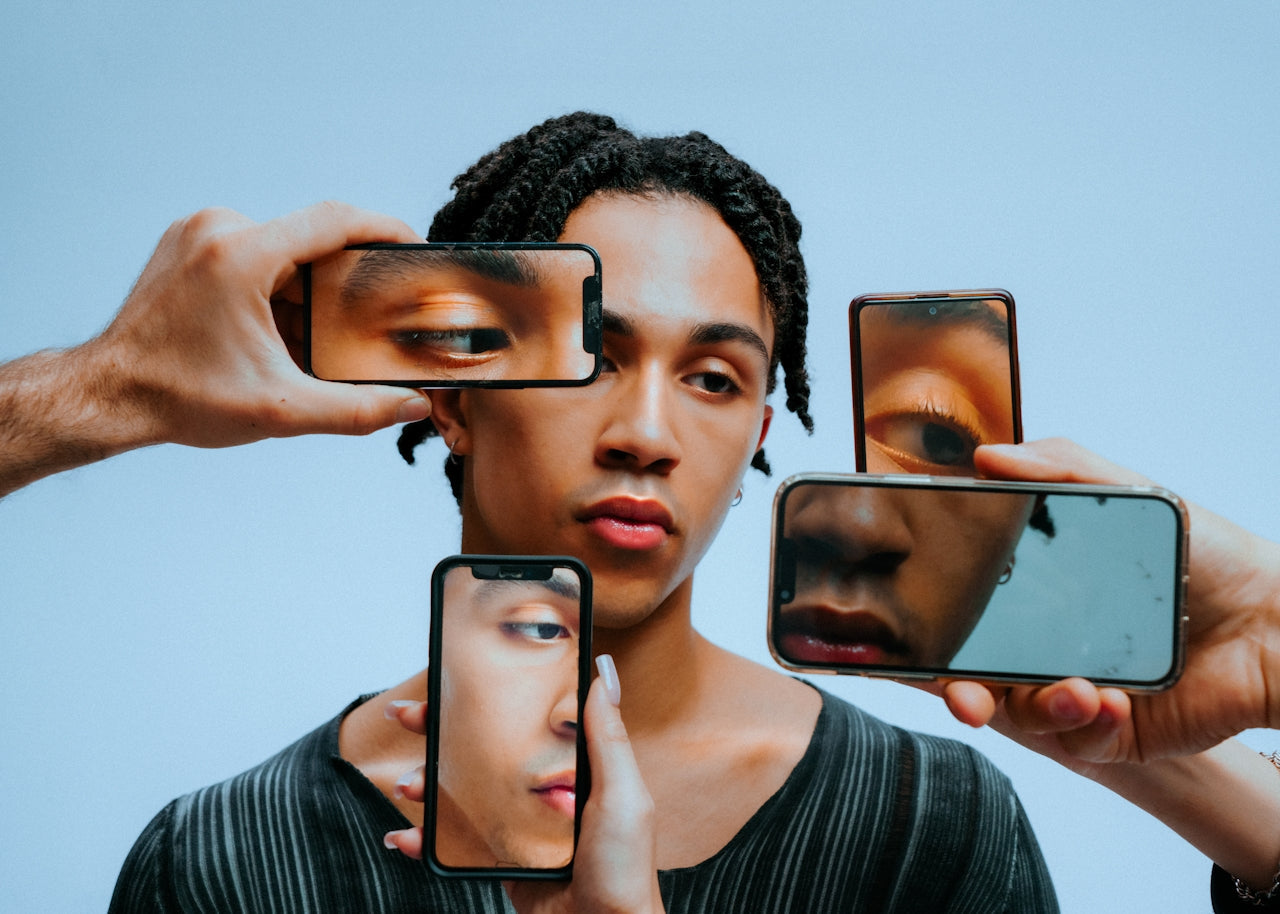Halloween is supposed to be fun — spooky decorations, costumes, and a little indulgence in treats. But for many, it can also be surprisingly stressful. Between planning parties, managing kids’ candy consumption, or feeling social pressure to “join in,” it’s easy to get overwhelmed. The good news? With a few simple strategies, you can enjoy the season while keeping your mental and physical wellbeing intact.
1. Plan Ahead for Treats 🍬
Halloween often revolves around sweets, but sugar overload can lead to energy crashes and stress.
-
Stock up on healthier alternatives for yourself and the kids — fruit snacks, dark chocolate, popcorn, or roasted pumpkin seeds (Slavin, 2013).
-
Portion candy into small servings to avoid mindless snacking. Using small jars or containers can make this feel effortless.
-
Remember: you don’t have to buy every sugary treat. Saying no is okay — your health comes first.
-
Consider “candy swaps” with friends or neighbors: trade in sugary treats for non-food rewards like stickers or toys for kids.
2. Set Boundaries with Social Plans 🕸️
Halloween can involve multiple social obligations, from office parties to neighborhood trick-or-treating. It’s important to know your limits.
-
Limit your schedule: don’t feel pressured to attend every event (APA, 2022).
-
Communicate early with friends or family about what you can realistically participate in.
-
Opt for quieter alternatives: host a small gathering, enjoy a Halloween movie night at home, or participate virtually if available.
-
Keep your personal energy in mind — socializing is meant to be fun, not draining.
3. Prioritize Sleep and Routine 🛌
Late nights and sugar highs can throw off your circadian rhythm.
-
Stick to regular sleep times as much as possible, even if Halloween festivities run late (Watson et al., 2015).
-
Avoid caffeine and sugar close to bedtime to ensure quality sleep.
-
Consider a short pre-bedtime relaxation routine, such as reading, stretching, or a calming shower, to wind down.
4. Mind Your Mental Space 🧘♀️
Halloween prep — from costumes to decorations — can feel like a to-do list rather than a fun activity. Mindfulness can help you stay grounded.
-
Take 10–15 minutes for mindful breathing or meditation before heading into busy events (Kabat-Zinn, 2003).
-
Use creative tasks like pumpkin carving or decorating as a mindful, meditative activity.
-
Remind yourself that it’s okay not to participate in everything — fun is subjective!
-
Journaling or planning a small gratitude practice during the season can also reduce stress and boost your mood (Emmons & McCullough, 2003).
5. Movement Matters 🏃♂️
Physical activity is a great way to manage stress and balance indulgence.
-
Go for a brisk walk before trick-or-treating, or do a short home workout to release tension (Warburton et al., 2006).
-
Dance to Halloween tunes while decorating — it’s a fun, energizing way to get moving.
-
Movement helps regulate your mood, keeps your metabolism active, and counterbalances sugar intake.
6. Hydrate and Nourish 🥗
Sugar and excitement can sometimes replace meals or water, leaving you fatigued or irritable.
-
Eat balanced meals with protein, fibre, and healthy fats to maintain energy levels (Slavin, 2013).
-
Stay hydrated — water helps prevent sugar crashes and supports digestion.
-
Incorporate seasonal, nutrient-dense foods like pumpkin, apples, squash, and leafy greens to nourish your body and satisfy cravings naturally.
7. Embrace the Fun, Not the Pressure 👻
Finally, remember that Halloween is about creativity, community, and joy.
-
Focus on fun traditions that make you happy — whether that’s costume crafting, pumpkin carving, or enjoying a spooky movie.
-
Celebrate small wins: a healthy meal, a good night’s sleep, or managing candy portioning.
-
Let go of the idea that Halloween has to look a certain way — make it work for your lifestyle and wellbeing.
Final Thoughts 🎃💜
Halloween doesn’t have to be stressful. With a few simple strategies — planning, mindful participation, and self-care — you can enjoy the spooky season without feeling frazzled. Incorporating healthy snacks, movement, hydration, and mindfulness can transform Halloween from a chaotic time into a genuinely enjoyable one.
If stress or sleep issues persist during this time, consider checking in with a healthcare provider or nutritionist for personalised guidance.
References
-
American Psychological Association (APA) (2022) Stress in America: Stress and Current Events. Washington, DC: APA.
-
Emmons, R.A. & McCullough, M.E. (2003) ‘Counting blessings versus burdens: An experimental investigation of gratitude and subjective well-being in daily life’, Journal of Personality and Social Psychology, 84(2), pp. 377–389.
-
Kabat-Zinn, J. (2003) Mindfulness-Based Interventions in Context: Past, Present, and Future. Clinical Psychology: Science and Practice, 10(2), pp. 144–156.
-
Slavin, J. (2013) Fiber and Prebiotics: Mechanisms and Health Benefits, Nutrients, 5(4), pp. 1417–1435.
-
Warburton, D.E., Nicol, C.W. & Bredin, S.S. (2006) ‘Health benefits of physical activity: the evidence’, Canadian Medical Association Journal, 174(6), pp. 801–809.
-
Watson, N.F., Badr, M.S., Belenky, G. et al. (2015) ‘Recommended Amount of Sleep for a Healthy Adult: A Joint Consensus Statement of the American Academy of Sleep Medicine and Sleep Research Society’, Sleep, 38(6), pp. 843–844.




